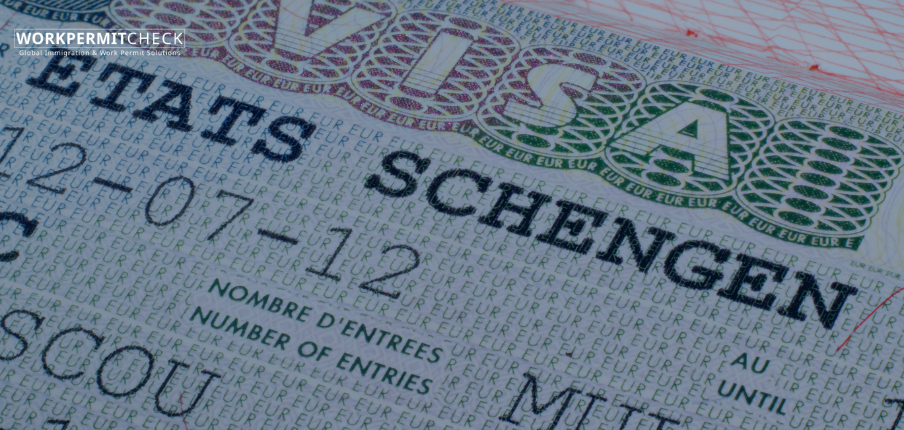Internships and training programs abroad can be valuable stepping stones in an international career. For many students and young professionals, gaining practical experience in a foreign country is not only a resume booster but also a pathway to long-term employment. However, before starting any professional activity abroad, it’s important to understand the legal requirements. One key question that often arises is: Can interns or trainees get work permits?
The answer is yes, in many countries, interns and trainees can apply for work permits or specific types of temporary visas—but the process, eligibility criteria, and documentation vary significantly by country.
Understanding Intern and Trainee Work Permits
Work permits for interns and trainees are usually categorized separately from standard employment permits. Most countries distinguish between:
-
Internships as part of academic training (mandatory or voluntary)
-
Post-study professional internships
-
Trainee programs under international exchange agreements or employer-sponsored schemes
These permits or visas allow the individual to work temporarily in a company, typically for a limited period and under specific conditions.
Key Eligibility Criteria
The specific requirements depend on the country, but some common eligibility criteria include:
-
A signed internship or training agreement with a recognized host company or institution
-
Enrollment in or recent graduation from a recognized educational institution
-
Proof that the internship is relevant to your studies or professional development
-
A clear training plan describing objectives, duration, and supervision
-
Adequate health insurance for the duration of the stay
-
Proof of sufficient financial means to support yourself
Popular Countries Offering Work Permits for Interns and Trainees
1. Germany
Germany offers a special residence permit for internships under the Section 16e of the Residence Act, particularly for students completing an internship related to their studies. Interns must submit a training agreement and receive prior approval from the Federal Employment Agency.
2. France
France has a dedicated "internship visa" (stagiaire) for non-EU nationals. It requires an internship agreement validated by the local labor authorities and is typically issued for internships lasting more than three months.
3. United States
The U.S. offers the J-1 Exchange Visitor Visa, which includes categories for interns and trainees. Interns must be enrolled in or recently graduated from a post-secondary institution, and a formal training plan (Form DS-7002) is required.
4. United Kingdom
The UK allows internships under the Temporary Worker – Government Authorised Exchange visa (T5) route. The scheme supports internships, training programs, and research placements for up to 12 or 24 months depending on the category.
5. Canada
Canada’s International Experience Canada (IEC) program offers a “Young Professionals” and “Internship Co-op” stream for nationals of partner countries. Students must be registered at an institution in their home country and have a job offer for an internship.
6. Australia
Australia permits internships under the Training Visa (subclass 407). It supports structured training programs with Australian businesses, especially in fields like medicine, education, and engineering.
Duration and Limitations
Intern and trainee work permits are generally temporary and non-renewable, with durations ranging from a few months up to 24 months, depending on the host country and program.
Limitations typically include:
-
Restricted working hours (especially if tied to a student visa)
-
No access to permanent employment
-
Ineligibility for family reunification in many cases
-
Requirement to return home after completion
How to Apply
While the procedures differ, a typical application process involves:
-
Securing a placement and getting a signed internship/training agreement
-
Preparing documentation, including passport, health insurance, and proof of educational status
-
Applying for a visa or residence permit through the host country’s consulate or immigration office
-
Attending an interview (if required)
-
Receiving the permit and traveling to the host country
Tips for Success
-
Start early: Visa processing can take several weeks to months.
-
Work with your university’s international office if the internship is part of your studies.
-
Ensure your internship meets the legal definition in the host country to avoid complications.
-
Stay compliant with all local labor and immigration laws during your stay.
Conclusion
Interns and trainees can indeed obtain work permits or special visas in many countries, provided they meet the specific criteria and submit the required documents. These opportunities offer a valuable chance to gain international experience, build networks, and enhance future job prospects. However, it's essential to understand the host country’s regulations and follow the proper legal steps to ensure a smooth and successful experience.
May 17, 2025



















































































